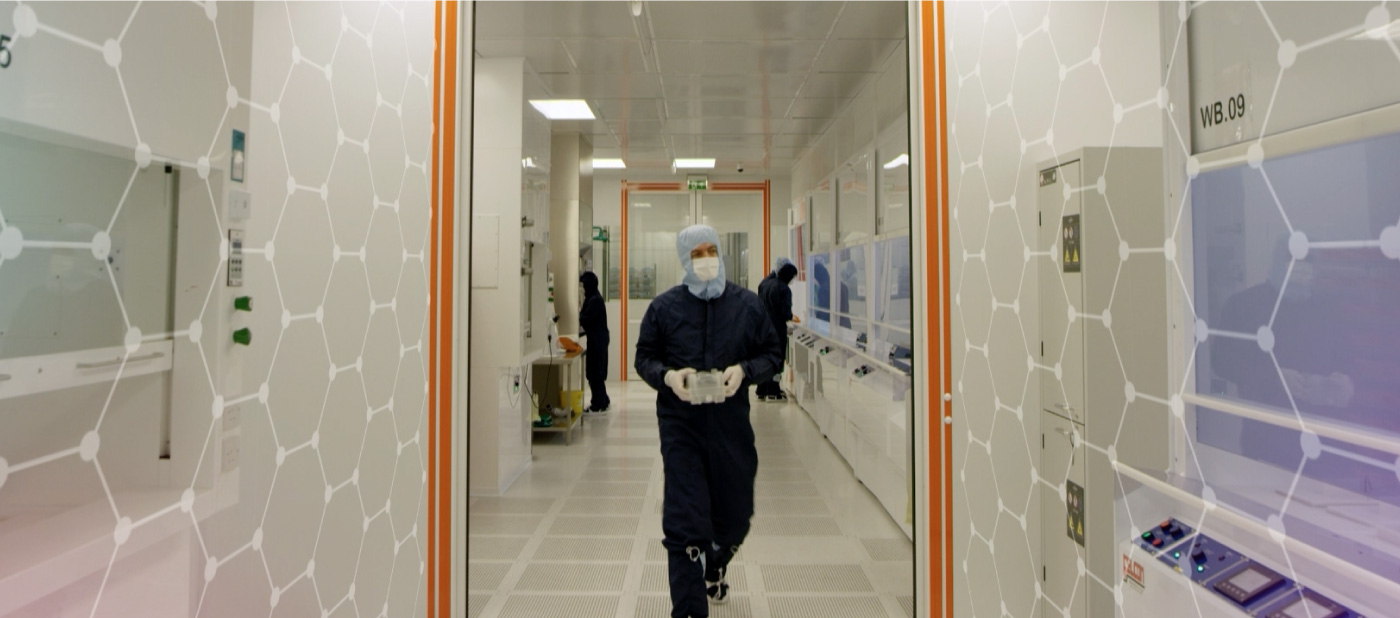A new report from the Aerospace Technology Institute’s (ATI) Hydrogen Capability Network (HCN) captures the current materials testing capability for liquid-hydrogen-powered flight across the UK.
In May 2024, the HCN identified research in materials, thermofluids and health and safety as a key to enabling hydrogen-powered aircraft, alongside developing test infrastructure and skills.
The UK Cryogenic & Hydrogen Materials Testing Landscape report published today concludes that while the UK has strong research capability in many of the areas of liquid-hydrogen-powered aircraft technologies, on-aircraft cryogenic hydrogen fuel storage and distribution systems are outliers.
Specifically, the challenge relates to the storage and distribution of hydrogen fuel between the fuel tank and propulsor, across a wide range of fluid temperatures and pressures.
The report, produced in collaboration between the HCN, the Hydrogen Innovation Initiative (HII), the National Physical Laboratory (NPL) and the Henry Royce Institute (Royce), serves an update to a series of Hydrogen Testing Blueprint reports previously published by Royce and linked to its Hydrogen Accelerator Programme.
Laura Cuss, HCN Programme Director said:
“The UK has a strong history in fuel storage and systems for conventional aircraft which underlines the importance of advancing capability in hydrogen to maintain and grow market share.
“This report offers the sector a consolidated view of the UK research capabilities and facilities available with the aim of unlocking collaboration to address the unique challenges of cryogenic hydrogen.”
Knowledge of fundamental materials behaviour in cryogenic hydrogen environments is a key enabler for the development of liquid hydrogen technologies. This fundamental understanding is required early in the development phase of liquid-hydrogen-powered aircraft, with demand for material test capability expected to grow.
This report summarises the cryogenic and hydrogen materials testing capabilities across UK-based commercial and research organisations. This covers test facilities for the evaluation of mechanical, thermal, hydrogen transport and other properties typically used to understand materials behaviour for design and certification purposes.
The report notes an expansion of test capability will be required to address missing capability in testing environments as well as to provide UK-based capacity for future material evaluation programmes.
Dr Caroline Goddard, Royce Hydrogen Accelerator Analyst said:
“Understanding materials performance in cryogenic and hydrogen environments is key when designing hydrogen infrastructure and hydrogen-powered vehicles. This report is vital to increasing awareness around the UK’s testing capability and delivering opportunities in materials for hydrogen storage, transport and end-use.
“Royce has contributed to this capability by funding the UK’s first in-situ cryogenic hydrogen mechanical testing facility. However, more work is still needed to address missing capability and meet industry requirements.”
Download the Report
Editors notes:
About the Hydrogen Capability Network
The Hydrogen Capability Network (HCN) is collaborating with sector stakeholders to develop key recommendations from FlyZero and determine the immediate priorities for action.
Established in April 2023 backed by the Department for Business and Trade (DBT), the HCN’s aim is to ensure that there is collaboration, coherence and efficiency for the aerospace sector to enable hydrogen research and development.
It is focussing on test and demonstration infrastructure, fundamental and enabling research, and hydrogen skills. The HCN works on behalf of the sector through a network of stakeholders and delivery partners.
About the Royce Hydrogen Accelerator
The Royce Hydrogen Accelerator has been designed to tackle materials challenges which are constraining the hydrogen supply chain. It will bridge the gap in the existing innovation landscape between lab-based materials research and proven technologies executed at scale. And it will coalesce a network of key voices from government, industry, academia and investment.
The accelerator will directly unlock £150-200m of funding by highlighting R&D opportunities in the hydrogen supply chain and presenting these as a compelling, de-risked prospectus to domestic and overseas investors.



